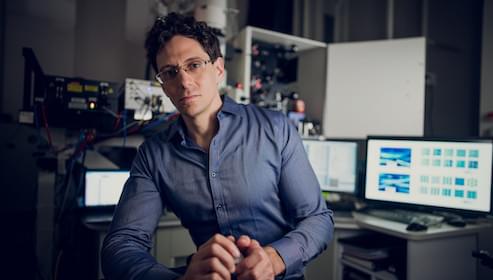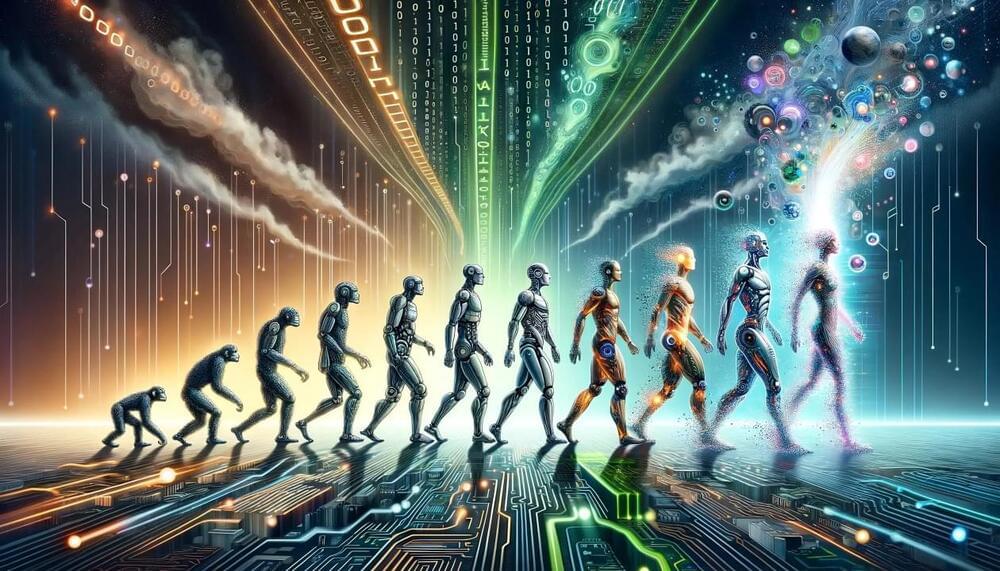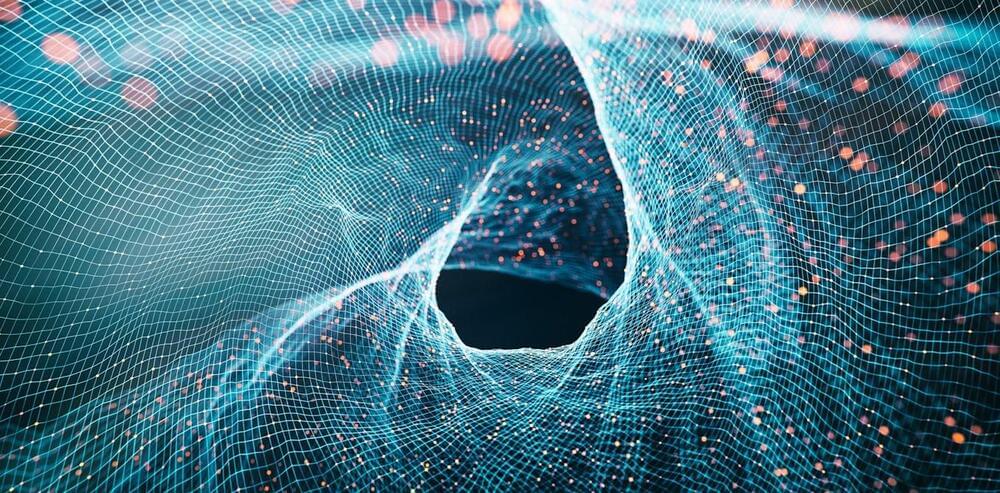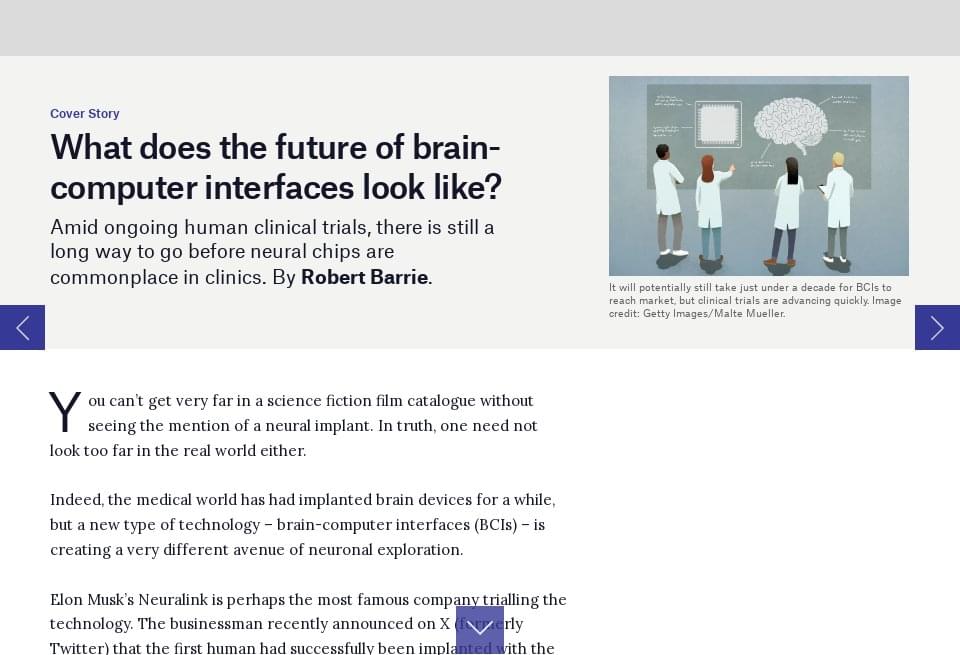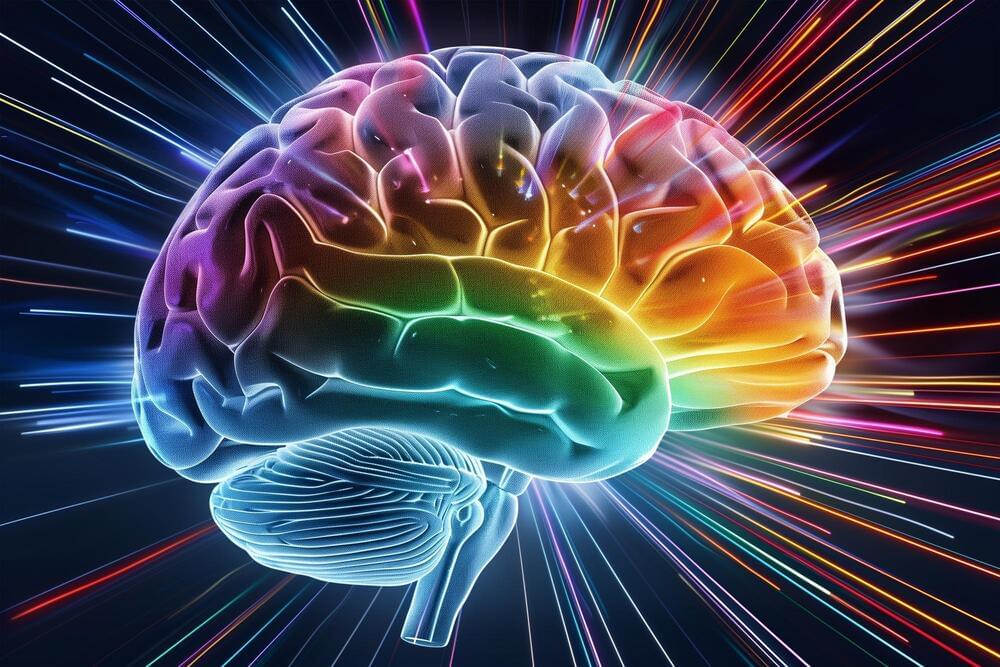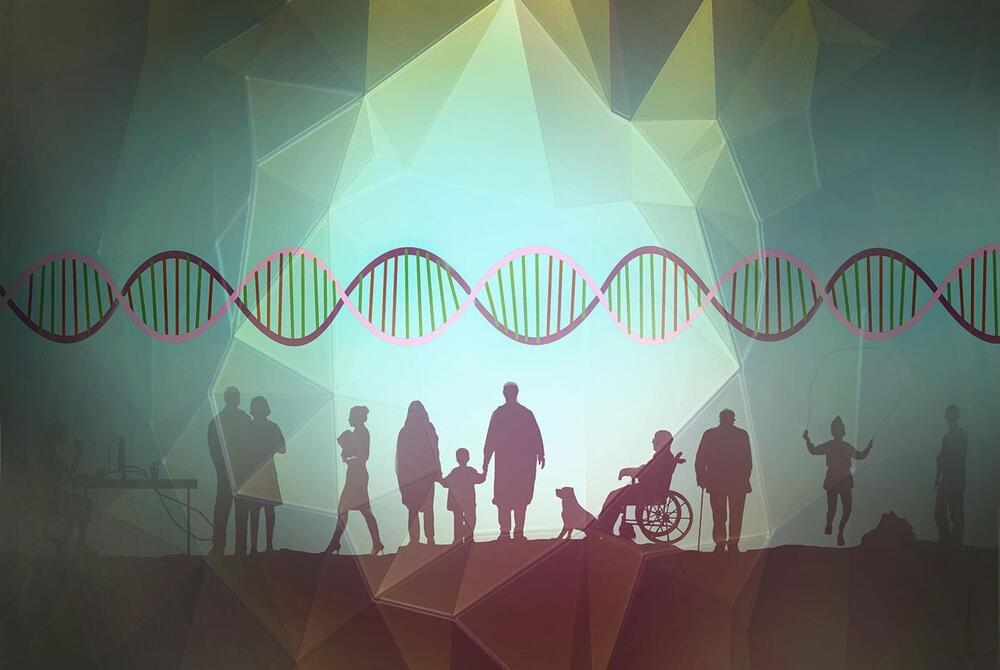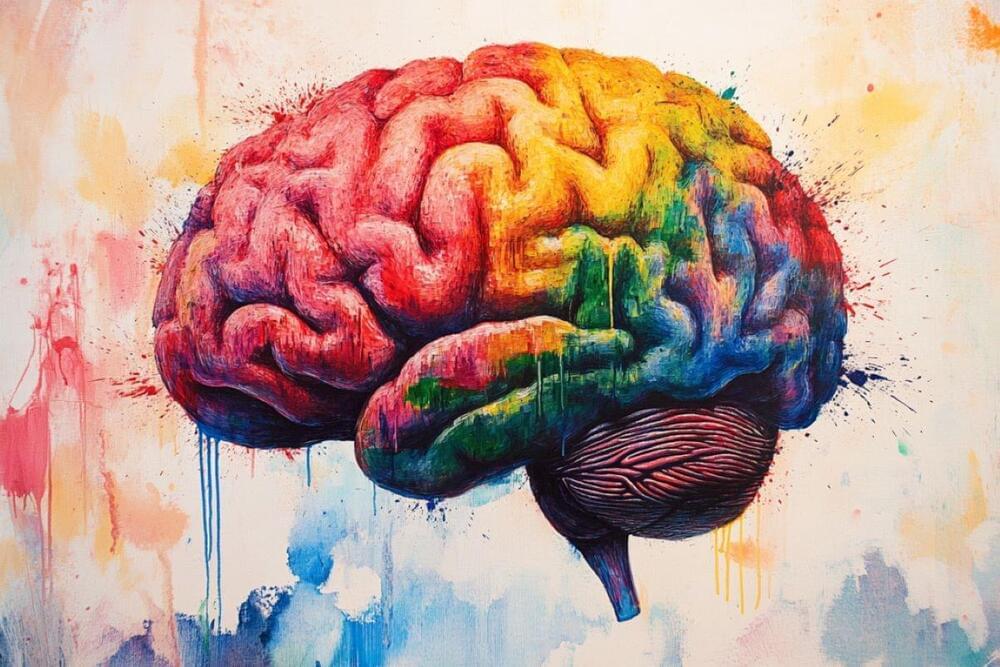Frankly, I think 100 years is too far to look into the future because we will see dramatic new scientific areas emerge 20 years from now. My grandfather immigrated to Israel in 1946 from Holland to be a Technion student in civil engineering.
At that time, civil engineering and mechanical engineering were the most prestigious fields you could study. Back then, the disciplines of science that I work in, like computer science and electrical engineering, did not even exist as separate fields.
In comparison, today progress happens even more quickly. This rapid progress is especially apparent in disciplines like quantum technologies and AI.
